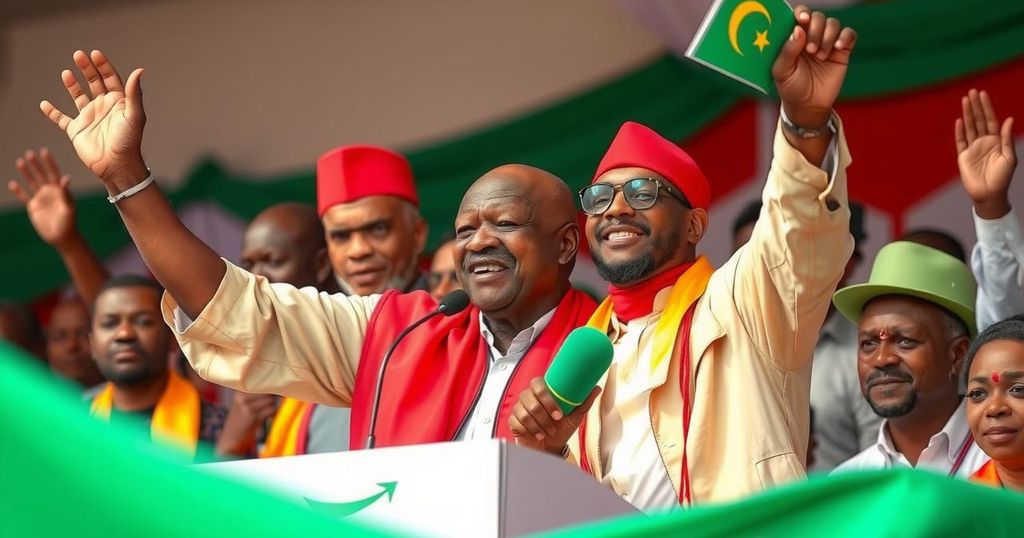Chad’s Ruling Party Achieves Majority Amid Opposition Boycott in Elections

Chad’s ruling party has won the majority in parliamentary elections boycotted by the main opposition. This election marks the culmination of a transition to democracy initiated after Mahamat Idriss Deby’s military rise to power in 2021. The elections, criticized by opposition parties, are seen as a potential consolidation of presidential power amidst ongoing security challenges in the nation.
Chad’s ruling party has secured a majority in the recent parliamentary elections, the results of which were recently disclosed. This election, largely boycotted by significant opposition parties, was viewed by analysts as a means for President Mahamat Idriss Deby to strengthen his political foothold. This electoral process marked the final steps in Chad’s transition to democracy, initiated following Deby’s ascension to power in 2021 after a military takeover that succeeded his father’s three-decade rule. President Deby articulated that the elections were intended to establish a long-awaited era of decentralization in governance, distributing power more effectively across regional and municipal levels.
Despite the ruling party’s success, the absence of participation from over ten opposition parties, including the prominent Transformers party, cast a shadow over the election’s legitimacy. The opposition characterized the elections as a “charade” and raised concerns that it mirrored the questionable presidential polls held the previous year. As such, they have not issued a formal statement following the election results, reflecting ongoing tension within Chad’s political landscape. The elections occurred during a tumultuous time for the nation, grappling with security threats from Boko Haram and a recent severance of military relations with France, historically its principal ally.
The recent parliamentary elections in Chad were crucial, representing the final phase of a transition towards democracy following a significant political shift in 2021. Mahamat Idriss Deby assumed power after the death of his father, long-term leader Idriss Deby Itno. The ruling party’s victory, under scrutiny from both analysts and opposition parties, underscores the complexities of Chad’s political landscape, marred by allegations of electoral misconduct and protests against government authority. The elections also occur against the backdrop of increasing security challenges faced by the country, highlighting the urgency of addressing governance and conflict management.
In conclusion, the ruling party’s electoral success in Chad indicates a consolidation of power for President Mahamat Idriss Deby amidst significant opposition boycotts and concerns regarding electoral integrity. As the country navigates its transition to democracy, the implications of these elections for local governance and national stability remain uncertain, especially in light of ongoing security threats and strained international relations. The opposition’s criticism and the absence of credible competition could further complicate Chad’s path toward democratic governance.
Original Source: www.washingtonpost.com








